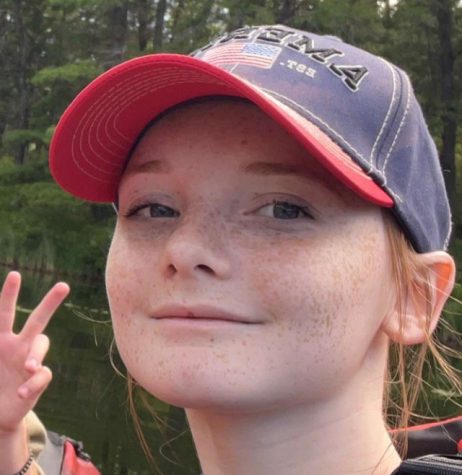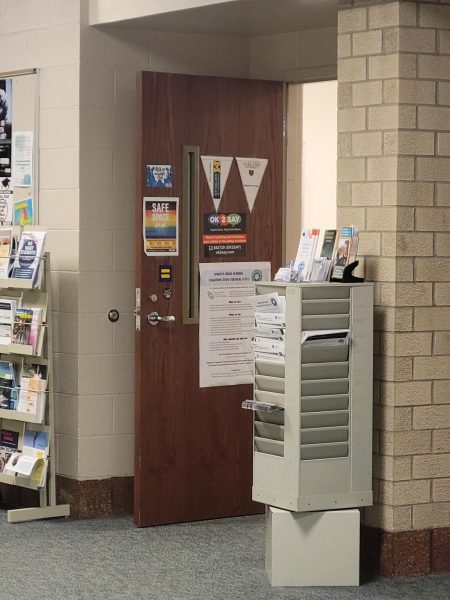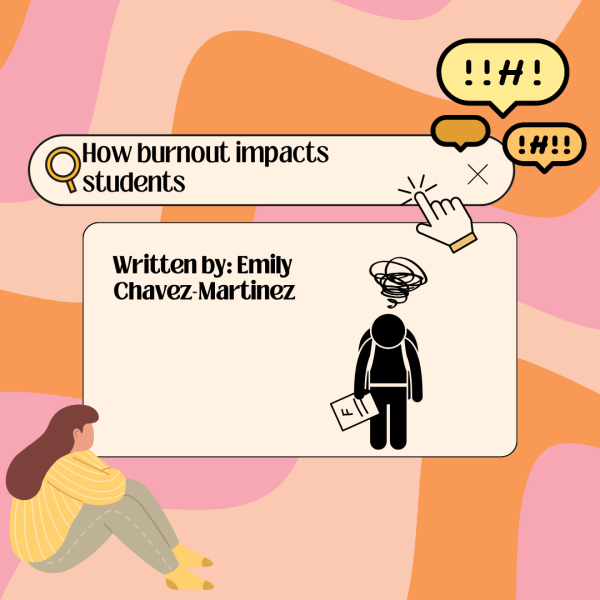Mental Health Awareness
What it is, the reasons behind it, and the support programs Dakota and the community provide.
Mental health awareness has emerged as an imperative topic to be discussed in schools after transitioning out of the COVID-19 pandemic. During the unexpected lockdown that isolated millions of people across the nation, “…37.1% of students experienced poor mental health during the pandemic, and 31.1% experienced poor mental health during the preceding 30 days. In addition, during the 12 months before the survey, 44.2% experienced persistent feelings of sadness or hopelessness, 19.9% had seriously considered attempting suicide, and 9.0% had attempted suicide” (Center for Disease Control and Prevention). These statistics were measured during the outbreak, and unfortunately, adolescent mental health is continuing to decline while entering the 2022-2023 school year. Thus, it is vital that discussions are held inside and outside of school, and that the students have access to the help they need.
Before delving into the support systems available, understanding what mental health is and why it is so important to consider in adolescents is the key to finding the type of assistance you may need. According to the World Health Organization, mental health can be defined as a “…state of mental well-being that enables people to cope with the stresses of life, realize their abilities, learn well and work well, and contribute to their community. It is an integral component of health and well-being that underpins our individual and collective abilities to make decisions, build relationships and shape the world we live in.” Mental health affects most, if not all, of our motor skills, hence why it is so important to understand where mental illnesses stem from. If experts are unaware of how it occurs, then they have no basis to stand upon when attempting to “treat” whoever comes to them for help. When analyzing the biological appearance of the said topic, mental illness can come from genetics, infections (such as pediatric autoimmune neuropsychiatric disorder (PANDAS) leading to obsessive compulsive disorder), brain defects or injuries, prenatal damage (disruption of early fetal brain development), substance abuse, and exposure to toxins (WebMD). A few psychological factors can influence the state of your mental health as well, those being childhood trauma, the loss of someone important in your life, neglect, and the inability to interact with others (WebMD). Finally, environmental elements such as a divorce, changing jobs or schools, social expectations, and culture expectations can also easily sway a person’s mental health (WebMD). There is a plethora of other components that can have similar effects, but the ones presented are more likely to occur. With so many factors having the ability to influence mental health, school boards have been pushing for more funding to provide professional care for students, especially after COVID-19. Thus, Governor Whitmer’s School Aid Fund Budget proposal introduced a $361 million budget increase for mental health programs and screenings in schools. This budget expansion will hopefully be beneficial towards the millions of teens and young children suffering from poor mental health across the United States.
With that said, Dakota has implemented extensive programs to assist with mental health and wellbeing. For example, Dakota uses the Student Assistance Program, often referred to as S.A.P., that is a confidential, online form that allows students to receive help towards circumstances that are affecting their education or personal life. Referrals can be made by anyone with a concern for a situation, and any student wishing to discuss an issue can visit room 249 in Dakota’s main building or room 357 in Dakota’s ninth grade center. If a student is unable to do either method mentioned, they can contact room 249 by using @slange@cvs.k12.mi.us or (586) 723-2872. If the student wishes to contact room 357, they can use @lblack2@cvs.k12.mi.us or (586) 723-3331 (Dakota High School, Student Assistance Center). Another option that is available for students and/or parents is the referral list regarding all readily available medical professionals within Macomb County. The reference sheet can be found here or located on Dakota’s website in the Student Assistance Center tab. Other student aid programs, such as KnowResolve (A suicide prevention website alongside mental health awareness), MyStrength.com (Personalized mental health support), Headspace (A meditation and mindfulness website), The Resilience Institute (Short videos discussing key details of mental health), and the Child Mind Institute (Telehealth evaluations done by professionals). Every option will provide a safe and secure place to go to receive professional help or advice, and with the increased budget, many are hoping that these programs will expand and become more well-known across the country. With so many students reporting their mental health decline over the years, it is crucial that officials take notice and raise awareness towards supporting teens. Hopefully, as these tools are utilized, experts studying adolescent mental health will see a positive curve in the data.
Your donation will support the student journalists of Dakota High School. Your contribution will allow us to purchase equipment and cover our annual website hosting costs.

Jade Lilly is a senior at Dakota High School. This is her first year writing for the Dakota Planet, but she has plenty of experience towards writing professional...












